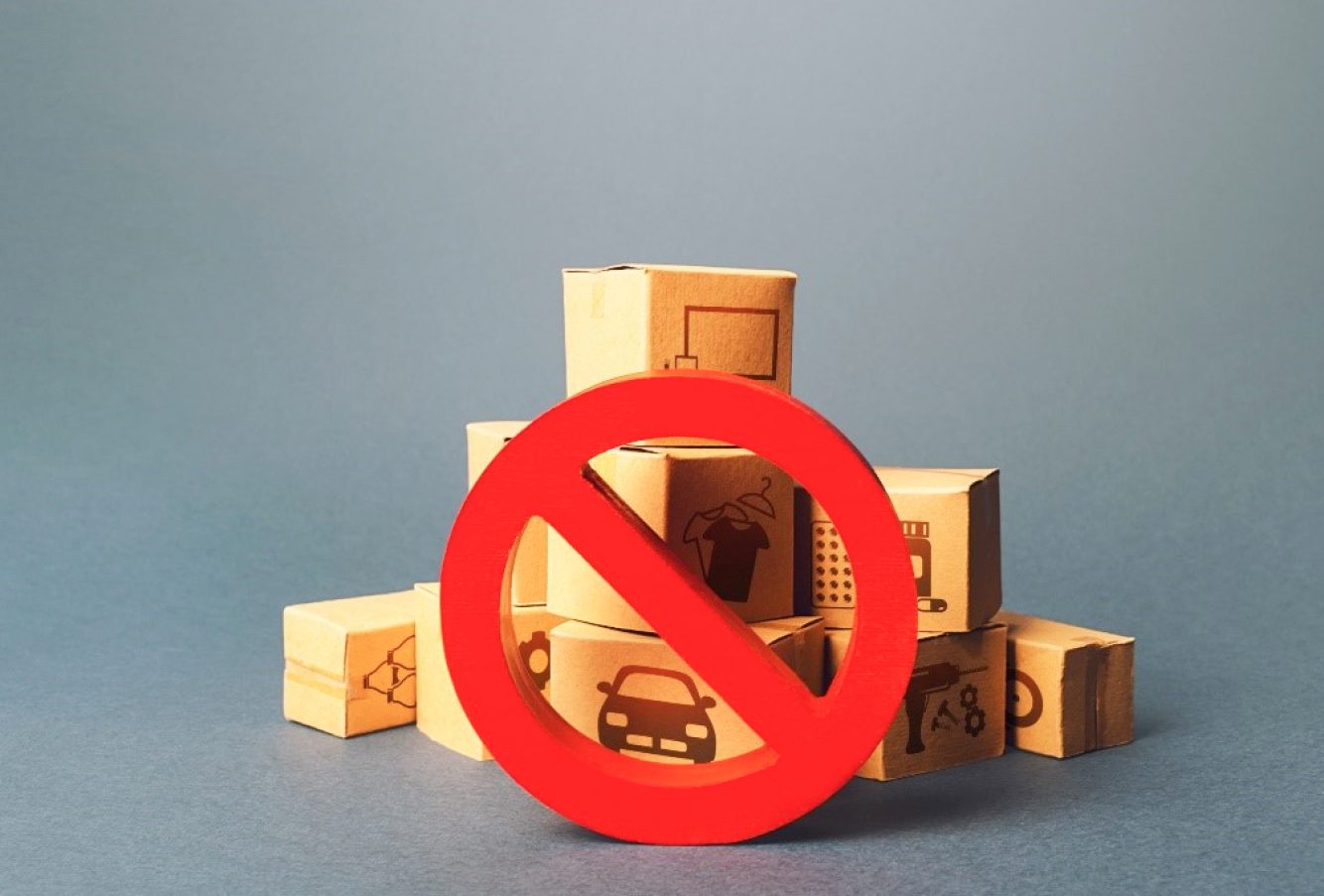Prohibited & Restricted items importing to Netherlands
Latest update on 17 June, 2024 by Aaron Kwok– Marketing Analyst at FreightAmigo
Whether traveling to or relocating within the Netherlands, there are some things to consider, especially when it comes to importing goods. As a global center of commerce and culture, the Dutch government has developed a detailed list of restricted and prohibited imports that customers must be aware of. Cultural artifacts to the movement of goods across borders are complex and ever-changing. In this guide, FreightAmigo will explore the nuances of these policies to help you import items into the Netherlands with the confidence and knowledge to comply.
Want To Compare The Best Express, Air Freight, Sea Freight, Rail Freight & Trucking Rates So As To Have Better Control On Cost?
Restricted imports of goods
The Netherlands has developed an exhaustive list of goods whose import is restricted or completely prohibited. These categories cover a variety of product types, each with its own unique regulations and requirements.
Pet and animal products
The import of pets and animal products is a highly regulated area in the Netherlands. There are specific guidelines for the transportation of domestic animals, with requirements varying based on species, origin and intended use. Likewise, the introduction of food products, such as meat, dairy products and eggs, is subject to strict health and safety protocols, often requiring specialized certificates.
Plants, flowers and produce
Phytosanitary issues also play an important role in Dutch import policy. Imported plants, flowers, fruits and vegetables usually require a phytosanitary certificate to ensure the goods meet the country’s strict plant health standards. Exceptions may be made for small individual quantities, but travelers must be careful to avoid possible seizure or fines.
Cultural Artifacts and Antiques
The Netherlands attaches great importance to the protection of its cultural heritage. As a result, the import of art, antiques and other cultural artifacts is subject to strict regulations and documentation requirements. Passengers must exercise caution and ensure compliance when transporting such items.
Drugs and Pharmaceutical Products
The import of medicines and medicinal products is also an area of concern for people entering the Netherlands. While personal use quantities of certain medicines are generally allowed, travelers must be aware of the specific regulations involving these items. People who need to take prescription medicines during their stay in the Netherlands must ensure that they have the necessary documentation, such as a doctor’s note or a copy of the prescription. Certain controlled substances may be subject to additional restrictions or require special authorization. The importation of over-the-counter medicines is generally subject to fewer restrictions, but travelers should still exercise caution. It is recommended to research specific guidelines for any over-the-counter medicines you plan to bring into the country, as some may be considered prohibited or restricted items.
Special vehicles and vessels
The Netherlands also has specific regulations for special vehicles and vessels such as yachts and recreational watercraft.
Yachts and recreational vessels
Individuals wishing to bring a yacht or recreational vessel into the Netherlands must be able to demonstrate that the appropriate customs duties and value-added tax (VAT) were paid within the EU member state. Failure to provide these documents may result in the vessel being seized by customs.
Cars and motorcycles
The import of motor vehicles, including cars and motorcycles, from non-EU countries is subject to a unique set of regulations and requirements. Travelers must be prepared to provide proof of ownership, proof of registration, and evidence of payment of any applicable taxes and fees.
Items prohibited from import
Weapons, ammunition and explosives
The Netherlands has a zero-tolerance policy on the import of firearms, ammunition and explosives. These items are strictly restricted, whether for personal use or collection. Attempting to bring such items into the country can result in serious legal consequences.
Counterfeit and pirated goods
The Dutch government takes a firm stance against the import of counterfeit and pirated goods, which are considered infringements of intellectual property rights. Customs authorities have the right to seize any such items, whether intended for personal use or commercial resale.
Conclusion
Navigating the Netherlands’ complex system of restrictions and prohibitions on imports requires diligence, attention to detail, and a thorough understanding of the ever-changing regulations. By familiarizing themselves with key guidelines and requirements, customers can ensure a smooth and compliant process when importing goods. Whether you are bringing a pet or importing a special vehicle, understanding and complying with the regulations is crucial to successfully navigating the Dutch import landscape. When handling global shipments, different countries have different definitions of contraband. FreightAmigo gives customers a clear understanding of what items can and cannot be shipped. By leveraging its extensive database and up-to-date information, we ensure customers are fully informed and compliant with import and export regulations. Customers save time, avoid potential penalties, and ensure goods move smoothly and efficiently through the logistics process.
If you want to import to the Netherlands, please visit the FreightAmigo page
Extended reading:
Still have questions about freight logistics? Ask a FreightAmigo logistics expert today:
Chat with online customer service |Tel: +852 28121686 |WhatsApp:+852 27467829









































